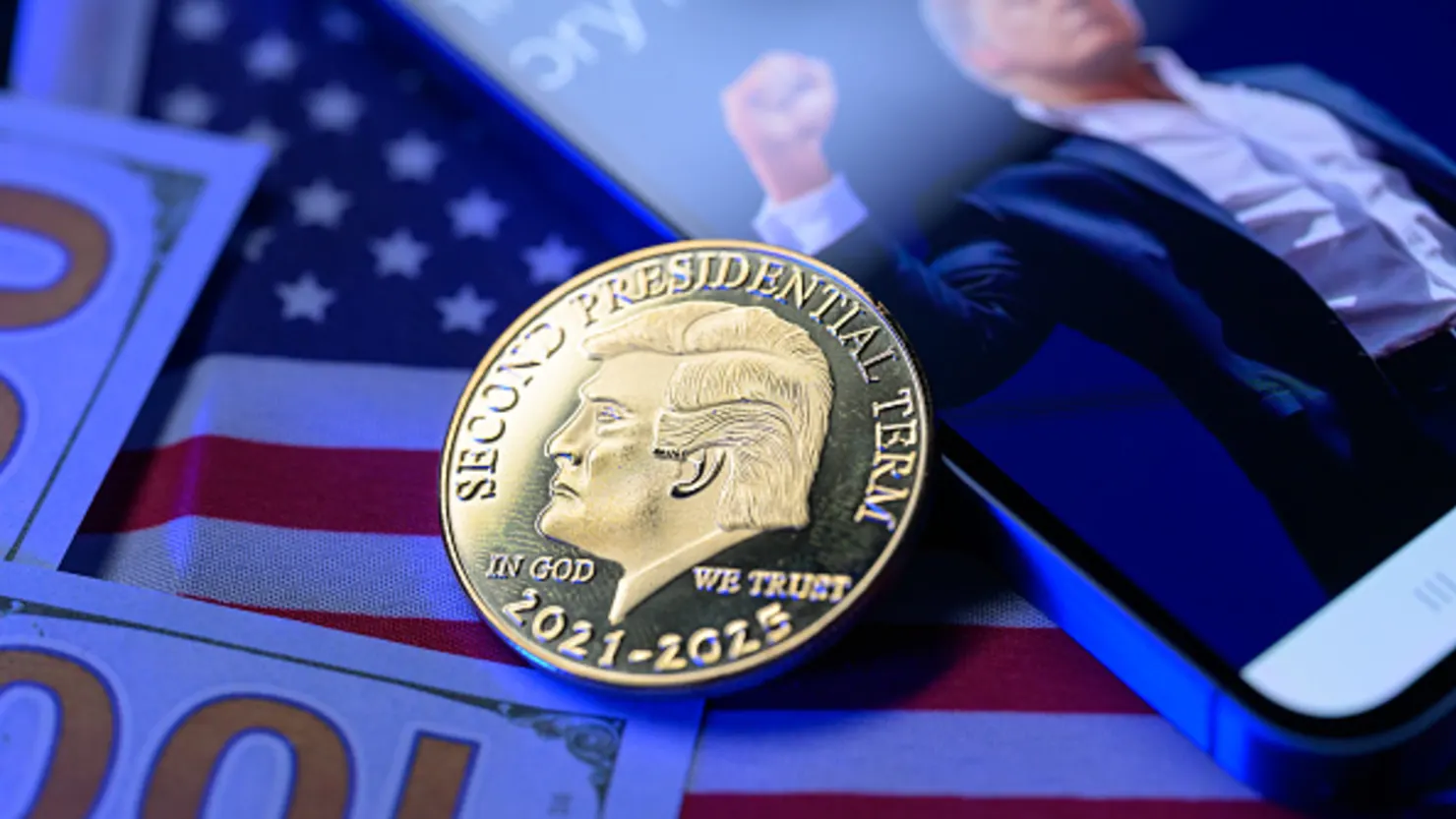President Donald Trump is hosting two crypto-focused fundraising events this month, each designed to generate millions of dollars for his campaign. The first is a high-profile dinner on May 5, which costs a staggering $1.5 million per plate and is considered one of the priciest political fundraisers in recent history. This event, dubbed the “Crypto & AI Innovators Dinner,” is hosted by MAGA Inc., a super PAC that supports Trump’s political agenda. Special guest David Sacks, known for his work in crypto and artificial intelligence policy, will be attending. Sacks, along with other Trump-aligned figures, has played a significant role in shifting the U.S. government’s stance on crypto, delivering multiple regulatory victories that have been welcomed by the industry.
The second fundraising gala, set for May 22, offers a more unconventional entry method: access to Trump’s inner circle is granted not through cash donations but by holding the $TRUMP token. This blockchain-based event will take place at Trump National, his private club near Washington, D.C. Attendees will be chosen based on how many $TRUMP tokens they own, with the top 220 token holders winning a dinner with the president. The contest runs through May 12, with the top 25 holders receiving VIP treatment, including a “White House Tour” and a special reception.
However, the $TRUMP token contest has drawn sharp criticism. Accountable.US, a watchdog group, has condemned the event, calling it a blatant example of self-enrichment and accusing it of opening the door for wealthy donors, potentially even foreign entities, to gain access to the president. The crypto wallets holding the tokens are pseudonymous, making it difficult to verify the identities of top holders. Despite concerns, the contest has driven significant interest in the token, which saw its value soar by more than 50% following the announcement of the gala.
The token’s creators, including Trump affiliates, control approximately 80% of the token’s supply. Trading activity has generated over $324 million in fees, which are routed to wallets controlled by insiders. However, insiders have agreed to delay cashing out their share of the tokens for at least 90 days.
READ MORE:
